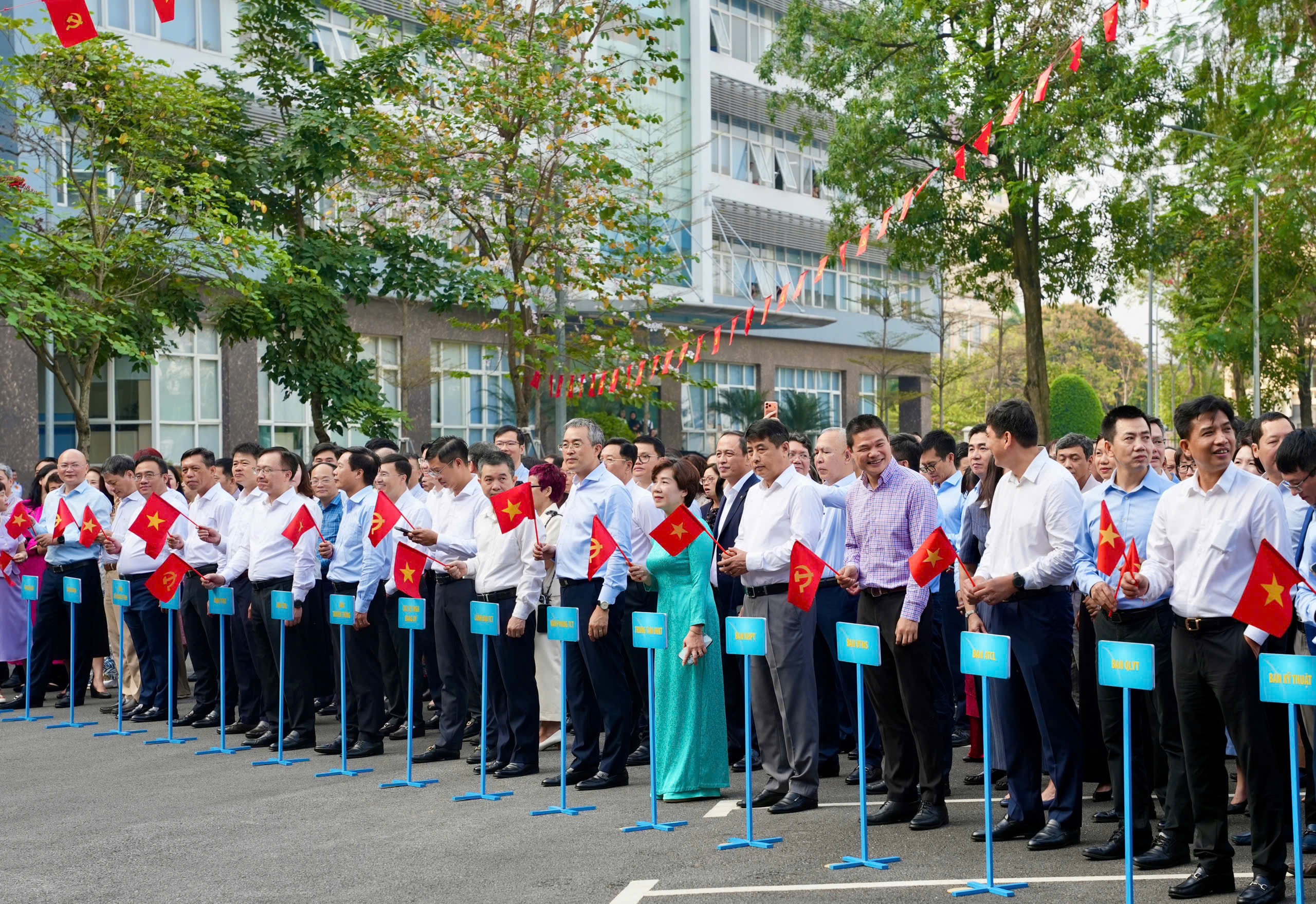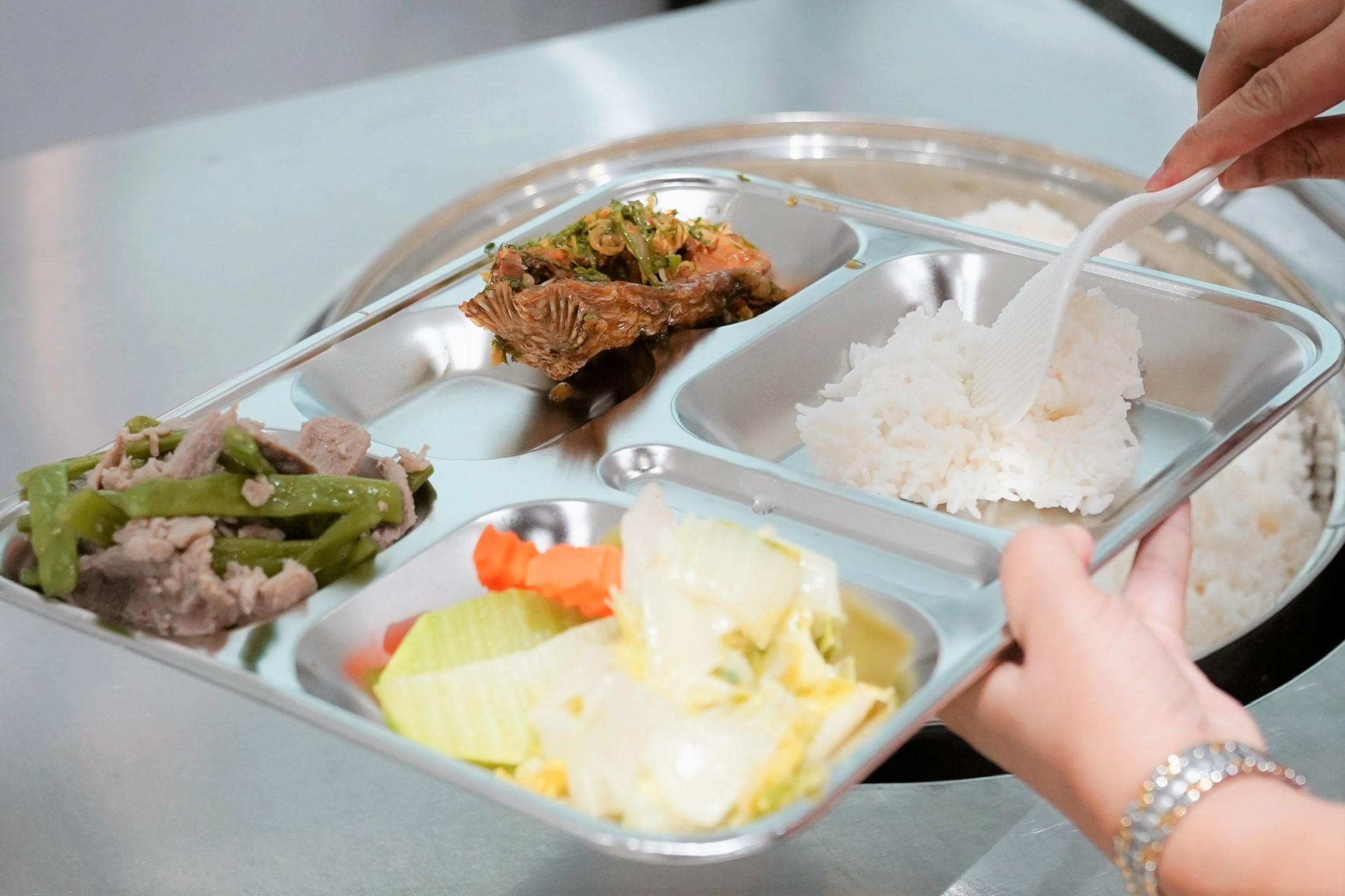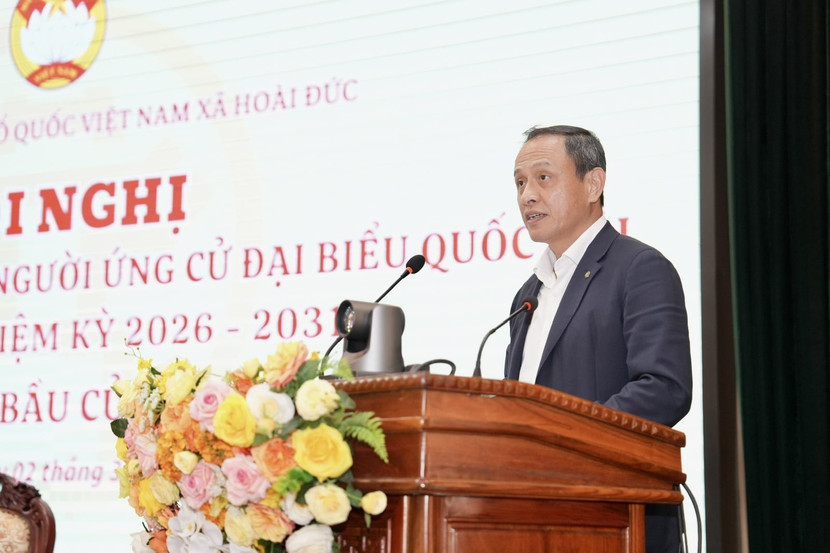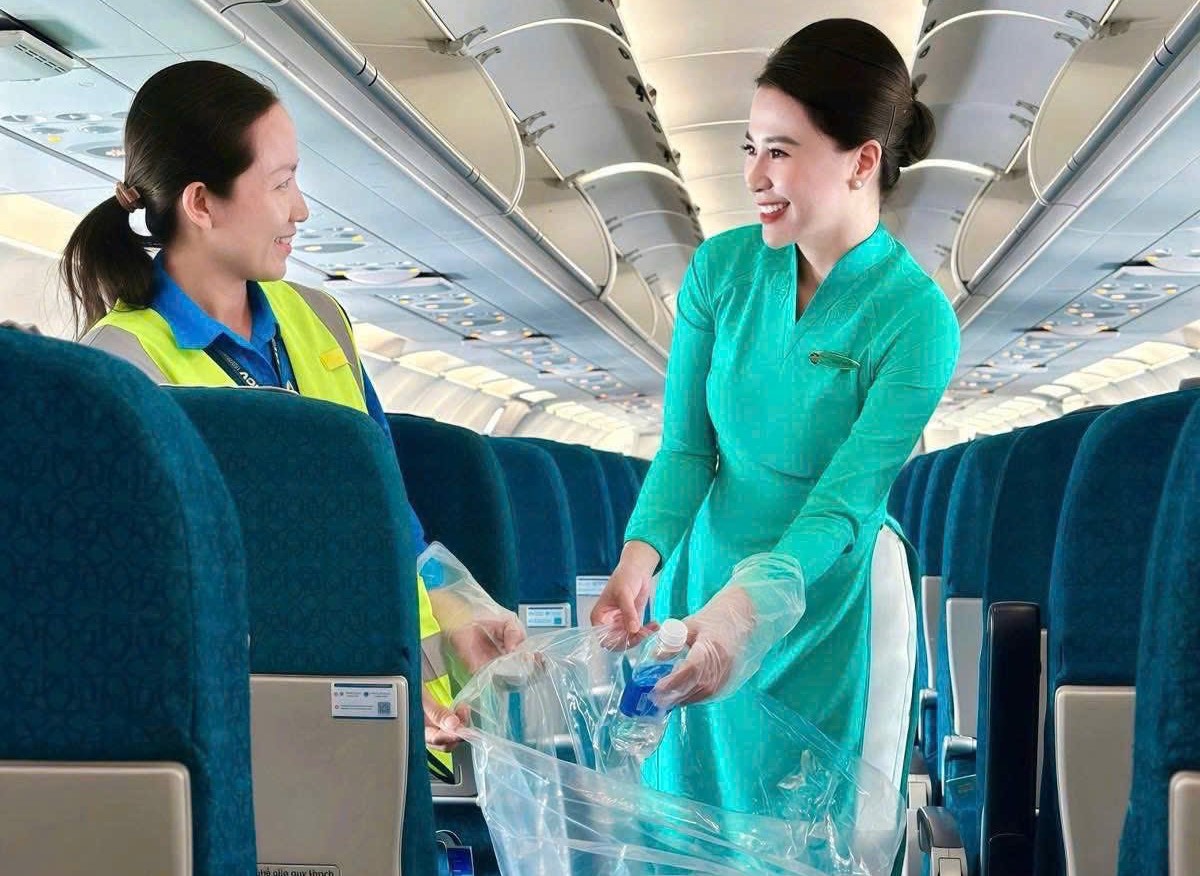The Indian Ministry of Civil Aviation and the Ministry of Petroleum and Natural Gas are working on incorporating a Sustainable Aviation Fuel (SAF) proposal over the coming months. Such a proposal would further lay the groundwork for reducing carbon emissions within the fast-growing Indian aviation industry and progress the SAF concept among Indian airlines.
Decarbonizing before rapid growth
Sustainable Aviation Fuel is characterized as any fuel that has the potential to generate lower carbon emissions compared to standard jet fuel on a life cycle basis. In 2016, the International Civil Aviation Organization (ICAO) adopted a global market-based mechanism, the Carbon Offsetting and Reduction Scheme for International Aviation (CORSIA), to address carbon emissions from international aviation.
ICAO decided to use a phased implementation of CORSIA to accommodate exceptional circumstances and respective capabilities of states, particularly developing states, while minimizing market distortion. Currently, only flightsbetween states that volunteer to participate will be subject to offsetting requirements. Until September 2021, 107 states volunteered to join CORSIA for 2022, representing about 77% of all international aviation activity, and India was not included.
However, the phased incorporation of CORSIA would mean that from 2027, virtually all international flights will be subject to mandatory offsetting requirements, representing more than 90% of all global aviation activity. This means that eventually, India will be included, which is why it needs to begin a robust action plan regarding SAF to meet the target of CORSIA and decarbonize its fast-growing industry before it becomes too late.
A spokesperson with knowledge of the matter said: "India is expected to be a party to CORSIA from 2027 onwards. This would mean that Indian airlines will be mandated to follow some protocol regarding carbon emissions. This may also include a mandate to operate on a minimum percentage of sustainable aviation fuel. Of course, this will depend on how prepared the local infrastructure is to address the demand and how sustainable the demand is."
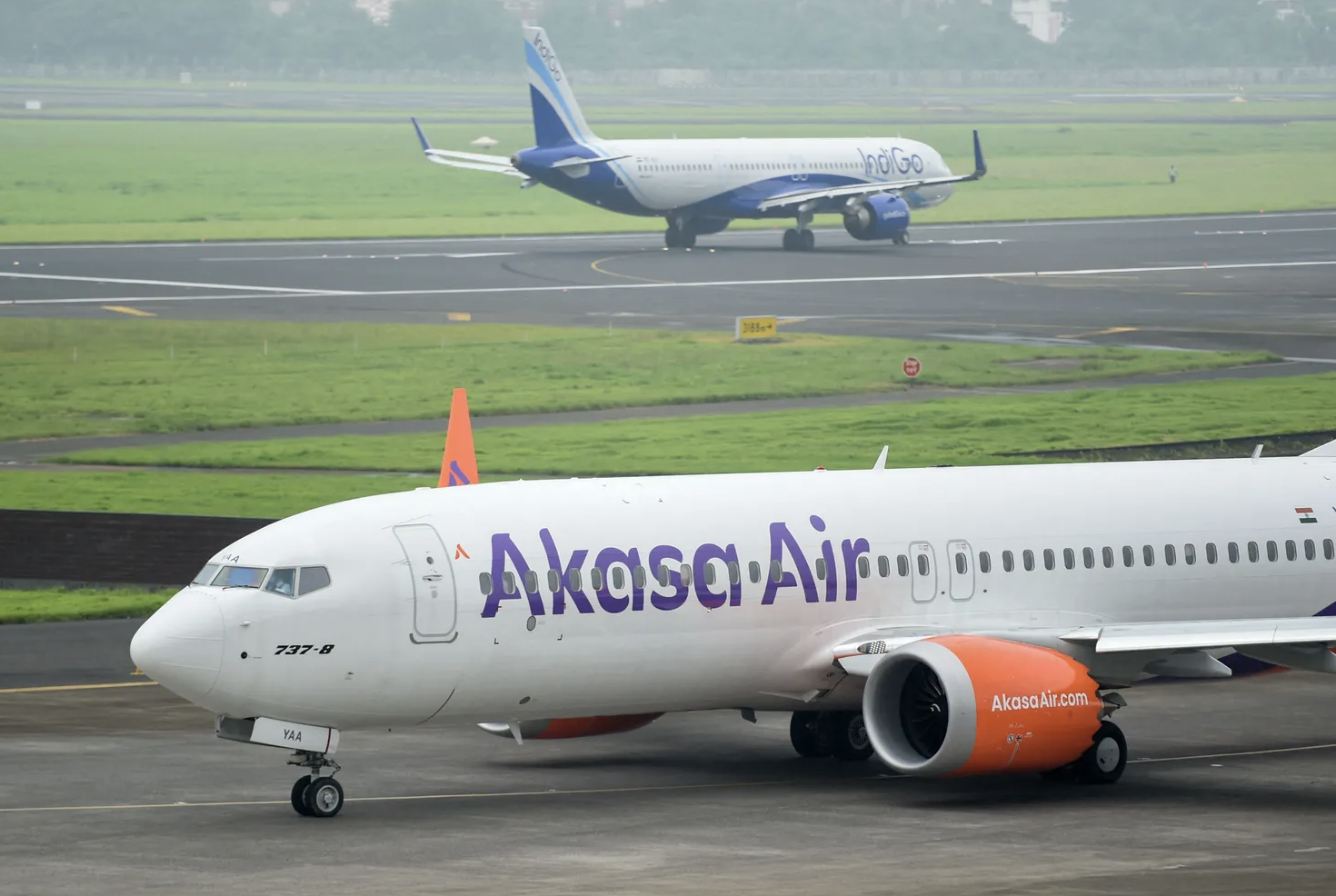
Still in the infancy stage
Contrary to US and European carriers and some significant Asian carriers, the concept surrounding decarbonizing and SAF is still in the infancy stage for Indian airlines, with only a small handful of demonstration flights on blended fuels having been operated in the past. In August 2018, SpiceJet operated the first flight on a mixture of 75% aviation turbine fuel and 25% biofuel made from the Jatropha plant.
Then in December 2021, India's largest low-cost carrier IndiGo signed an agreement with the Dehradun-based Council of Scientific and Industrial Research-Indian Institute of Petroleum to manufacture and deploy SAF globally. The budget carrierhad also taken delivery of an aircraft that operated on SAF earlier this year in February and recently joined the Clear Skies for Tomorrow sustainable initiative campaign spearheaded by the World Economic Forum.
Other than these and fleet renewals for fuel-efficient aircraft, decarbonizing initiatives within the Indian aviation industry remain relatively bare, save for a few studies and probes on SAF. Given the slight lag in adopting greener initiatives, it is clear that India would need to accelerate its SAF proposal, as emphasized by the same spokesperson:“We expect some announcement as well as clarity from India on CORSIA target after the upcoming ICAO meeting."
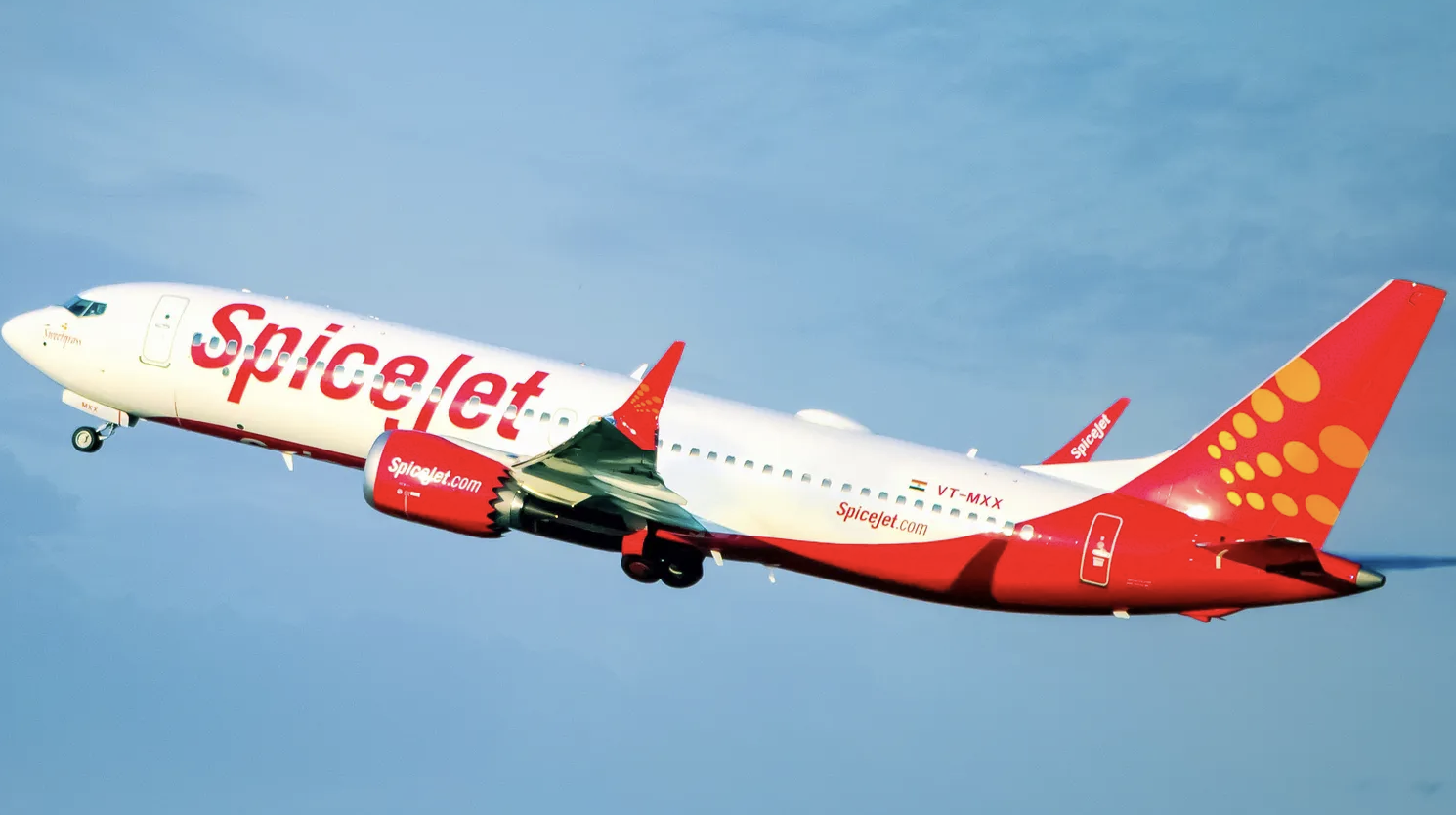
Not too late to start now
Though India might have had a later headstart, it is not too late for the country as SAF has become an increasingly available solution worldwide, and India could have its own SAF production. Unfortunately, feedstock costs comprise around 70-80% of the production cost of SAF, so having low-cost, available and sustainable feedstock is critical.
Fortunately for India, ethanol as a SAF feedstock is a suitable option, considering it has already previously laid out the Roadmap for Ethanol Blending 2025, albeit it was more targeted toward making the country's energy sector greener. Regardless of the targeted sector, the roadmap plans to produce 13,500 million liters of ethanol supply by 2025-26, more than double from current 2021 levels, to achieve 20% blending.
This means that waste-based, blended ethanol can become a vital part of the SAF economy in India. Still, given the costs required, a sustainable Indian aviation industry would mean that the country will need stable, technology-neutral policies that incentivize, assures long-term offtake, and advocate GHG intensity-based price support for aviation fuels. It's unclear if the ministries would eventually include this strategy in its proposal, though given the relatively short timeline of just five years to meet the goals of CORSIA, the chances seem likely.
Cre: Simple Flying
Nguyen Mai Huong-COMM






